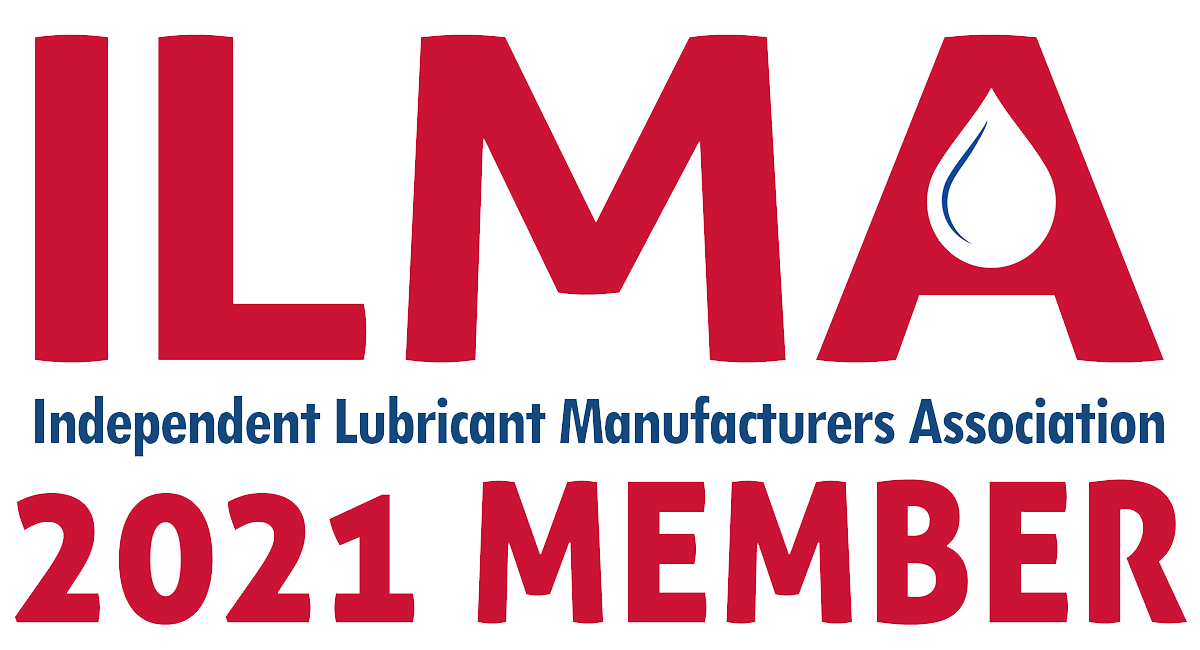Maintaining a safe work environment for employees presents a unique set of challenges in industrial applications. While there is plenty of debate as to how to improve safety, most would agree it’s a mission critical part of their business.
Whether you are operating a machine shop, factory or industrial plant, safety is always going to be a concern. With employees working long, difficult hours around potentially dangerous equipment, the chance for injury, or worse, skyrockets when proper procedures aren’t followed.
But how can employees work safer? And how can managers help them do so? According to Safety Culture and Change Management Consultant Phil LaDuke of Environmental Resources Management, maintaining a safe work environment starts with engaging all employees.
“Making safety easier hinges on engaging workers in safety,” LaDuke said. “The difference between a motivated worker and an engaged worker is that a motivated worker will work for a reward. An engaged worker will work because it’s the right thing to do. If you treat people like they are children, that is what you will end up with.”
Related: Meat Processing Industry Reaches all Time Low Number of Non-Fatal Accidents
LaDuke, who has worked as a safety consultant with oil, gas, mining, automotive and manufacturing companies and published two books on workplace safety, said facility managers often need to look deeper when it comes to maintaining a safe environment.
“Too many people are armchair behaviorists,” LaDuke said. “They think they can just have one employee monitor another and remind them to stay safe. You need to look at the cause and effect factors in your system that are causing people to be harmed, not who you can blame for being lazy or incompetent.”
A lot can go wrong in an industrial setting and LaDuke called out preventable fall from height incidents as a major safety concern and “isolation of hazardous energy” incidents as frightening and almost always deadly. But the biggest cause of injury is perhaps the most basic.
“It’s not sexy, but one of the biggest is slips, trips and falls,” LaDuke said. “People say ‘how often does someone fall or trip and injure themselves?’ The answer is quite a lot. A lot of those are serious injuries and some of them are life limiting. They screw up their knee, or they screw up their back and it can be very serious.”
Building a culture around safety can help mitigate these incidents, as employees who are engaged are more likely to call out issues they see and take action to fix those issues.
“A lot of companies have a saying ‘see something, say something, do something.’” LaDuke said. “If you see someone in danger, say something to someone so people don’t get hurt and it can be fixed. It all comes back to respecting people, letting people know they can make a difference.”
Read More: Oil Industry Poised for More Growth in 2019
Too often, policymakers misunderstand the impact of poor worker safety on the bottom line. Workplace injuries can be costly both financially and in terms of productivity.
“It costs money, it saps your productivity and it’s a symptom of a poorly run operation,” LaDuke said. “Your injury records are going to determine how much money you are going to have to put away as encumbered cash. That can be devastating. If you show me a company that’s struggling financially, I’ll show you a company that struggles with safety.”
For many companies, improving the work environment starts with a cultural change in the way they think about safety.
“Companies don’t routinely count safety as part of their costs, they don’t talk about it like they do quality or productivity,” LaDuke said. “People think injuries are free and they’re not. The more injured workers there are, the less profit there is. You are spending money on something nobody gains anything from.”



